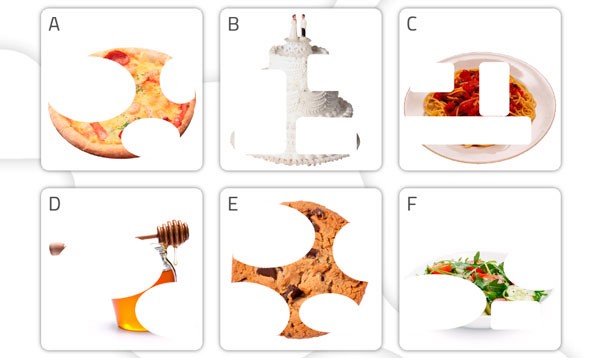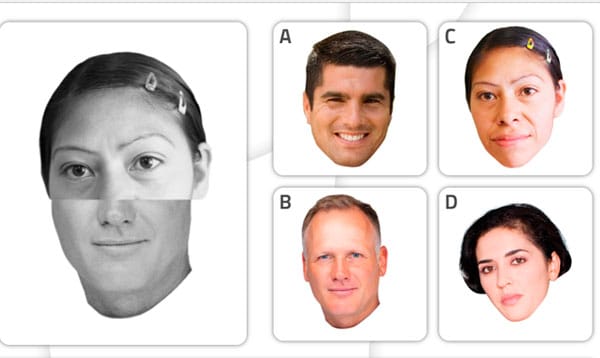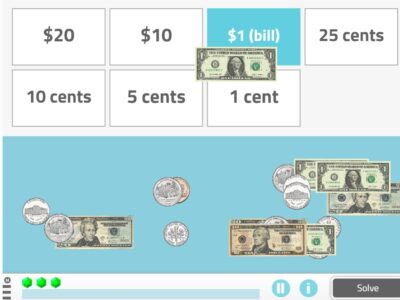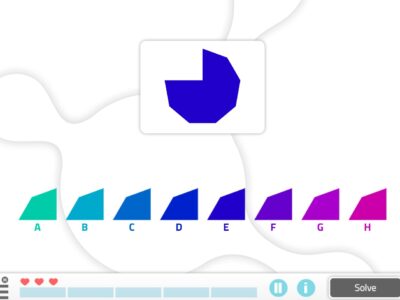Simple gnostic processes (in which only one sensory modality is involved):
• Visual gnosis: the ability to recognize different stimuli (objects, faces, colors, shapes) by sight and assign meaning to them.
• Auditory gnosis: the ability to recognize different stimuli (sounds) by hearing.
• Tactile gnosis: the ability to recognize or identify different stimuli (texture, objects, or temperature) by touch.
• Olfactory gnosis: the ability to recognize different stimuli (odors) by smell.
• Gustatory gnosis: the ability to recognize different stimuli (flavors) by taste.
Complex gnostic processes (in which more than one sensory modality is involved):
• Body schema: the ability to recognize and mentally perceive the body as a whole and its various parts, the movements that can be performed with each body part, and the orientation and position of the body in space.
Why is gnosis important?
Gnosis is of vital importance in our daily life performance. Thanks to this ability we can recognize our close relatives (there is a disorder called prosopagnosia which is an inability to recognize familiar faces) or identify our favorite song (there are individuals who are unable to recognize music as a result of a disorder called amusia).
Can you imagine how your life would be if you were unable to identify certain parts of your body as belonging to you? Or how it would be to touch a common object like a spoon and being unable to recognize it?

NeuronUP activities for the rehabilitation of gnosis
At NeuronUP, we can help you treat gnostic difficulties with different activities. Regarding visual gnosis, we have tasks such as recognizing partially covered objects (even when we cannot always see the whole object, we nevertheless are able to recognize it by seeing one of its significant parts) and selecting which objects meet certain characteristics.


